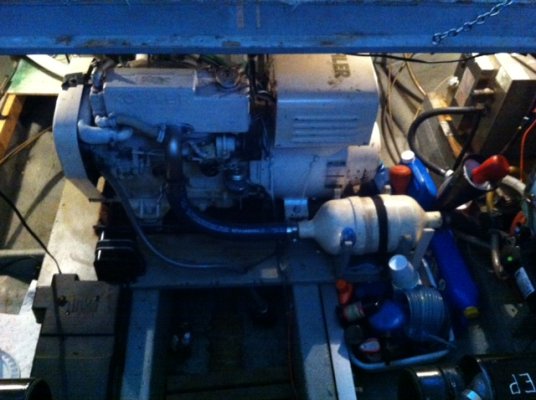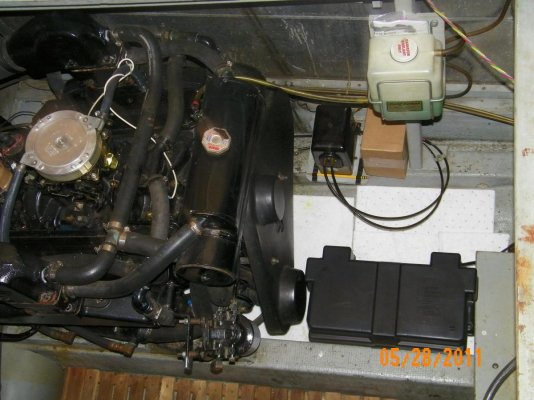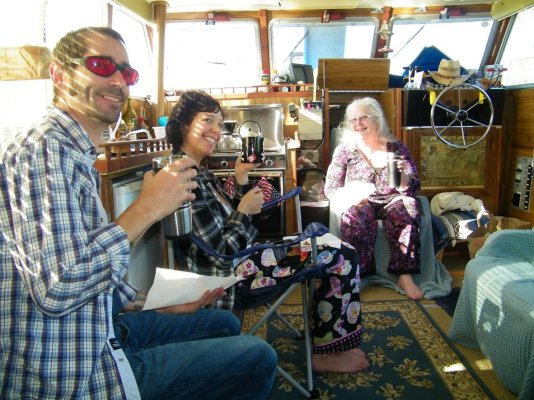For a used boat I think the 10% of the purchase price (or value) of the boat per year is a good
average figure to use when planning a budget for boat purchase and ownership. In fact, the 10% figure was what was being used back in 1998 when we bought our first cruising boat. Today with the rising cost of labor and materials, I would say it's more like 15% if not more.
Ownership cost, as it was described to us, includes moorage, insurance, electricity if one's harbor charges for that, fuel, maintenance, repairs, and upgrades. What it does not include are finance payments if one finances the boat, and expenses one would have anyway like food, clothing, and so on. I assume finance payments are not included as these will go away where all the other stuff never stop as long as you own the boat.
Some boats will be more, some will be less, and some years will cost the owner more than other years. But as a rough average, which you kind of have to use since a lot of boat expenses are unpredictable as to when they will occur and how much they will cost, the "percentage of boat cost/value per year" figure is, I think, pretty accurate.
It has been for the cruising boat we have here, and we do a lot of our own work.
Obviously this percentage of cost/value per year is not accurate for a brand new or newish boat. But once the boat gets some age on her and things begin to wear out, need maintenance or repair, and so on, the annual ownership cost begins climbing.
You can keep the annual ownership cost down quite a bit if you are willing, able, and have the skills and tools to do a lot of the work on the boat yourself. Conversely, you can run the annual ownership cost up quite a bit if you elect to have most or all the maintenance, repair, and upgrade work hired out.
The big driver is labor. In our harbor today, the average labor cost in the yard, at the diesel shop, and so on, is about $100 an hour. Other parts of the country labor may be less than that, and some areas are probably more. It's totally a "what the market can bear" sort of thing.
The only thing that makes the annual ownership cost worth the money is the value, mostly intangible, that one gets from being a boat owner. Slow, fast, showroom condition or well used, the value of a boat is realized by what one does with it, not by the actual dollar value of the boat.
Boats are a horrible investment. Unless one has something like a classic Hacker Craft or Gar Wood or Chris Craft, the value of a recreational boat is always going down. Don't get fooled by the dollar figures. We paid over twice in dollars for our old northwest boat than what it cost brand new. But this is not because the boat had increased in value. It hadn't. At the time we bought this boat, the same make and model, which was still in production, cost new some five times what our boat had cost new.
The reason we paid more in dollars for the boat than the original owner did is all about inflation and the value of the dollar.
We bought the boat not expecting to get a dime of the purchase price or ownership cost back. It was simply the cost of doing something we really wanted to do, and continue to want to do. When we're done using it we're seriously contemplating turning into a fish habitat if we're allowed to do that.
So the two basic things to keep in mind if contemplating the purchase of a cruising boat are it's not an investment, and it will never stop costing you lots of money until the day you get rid of it, "lots" being a relative term of course.









